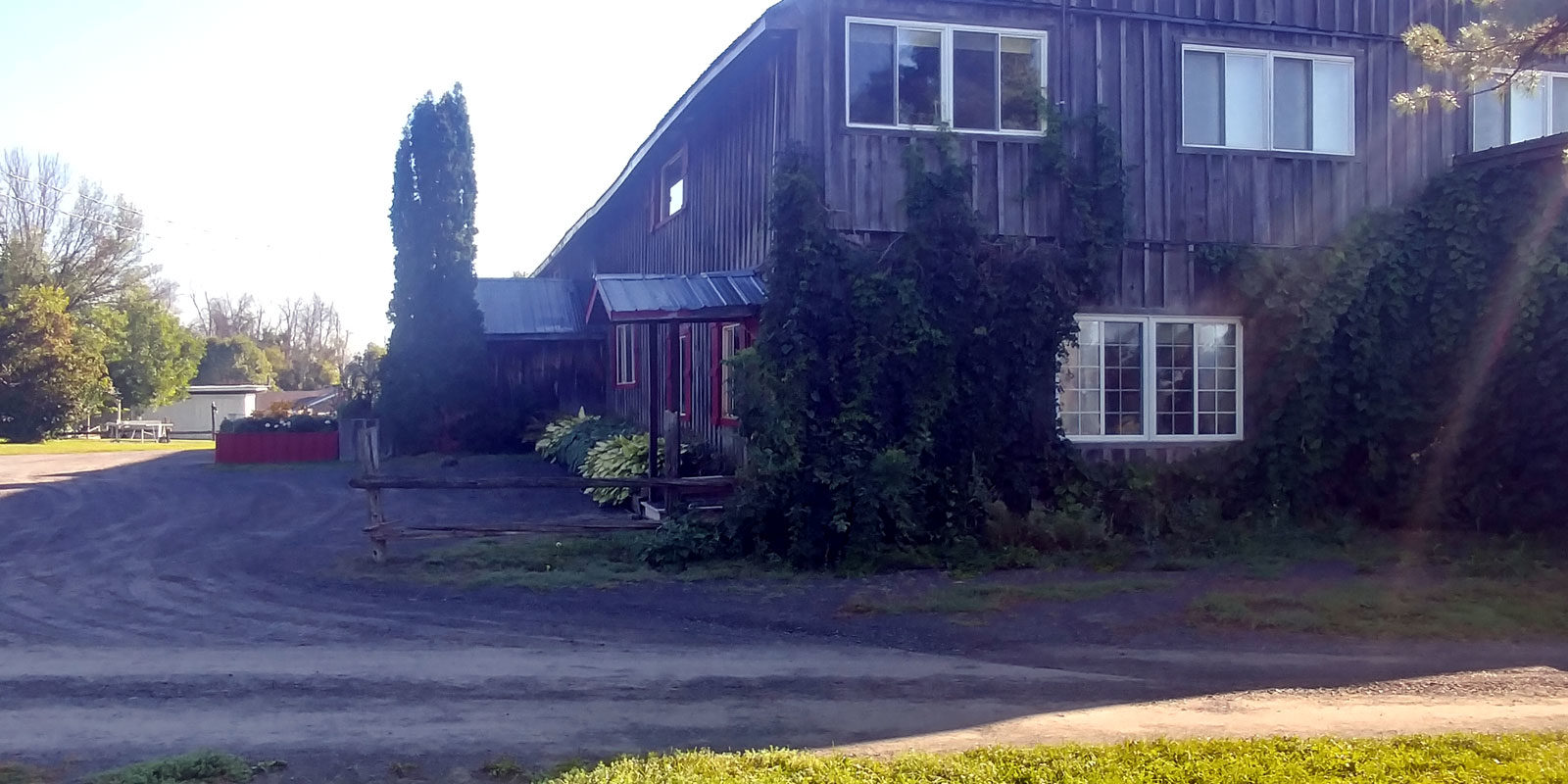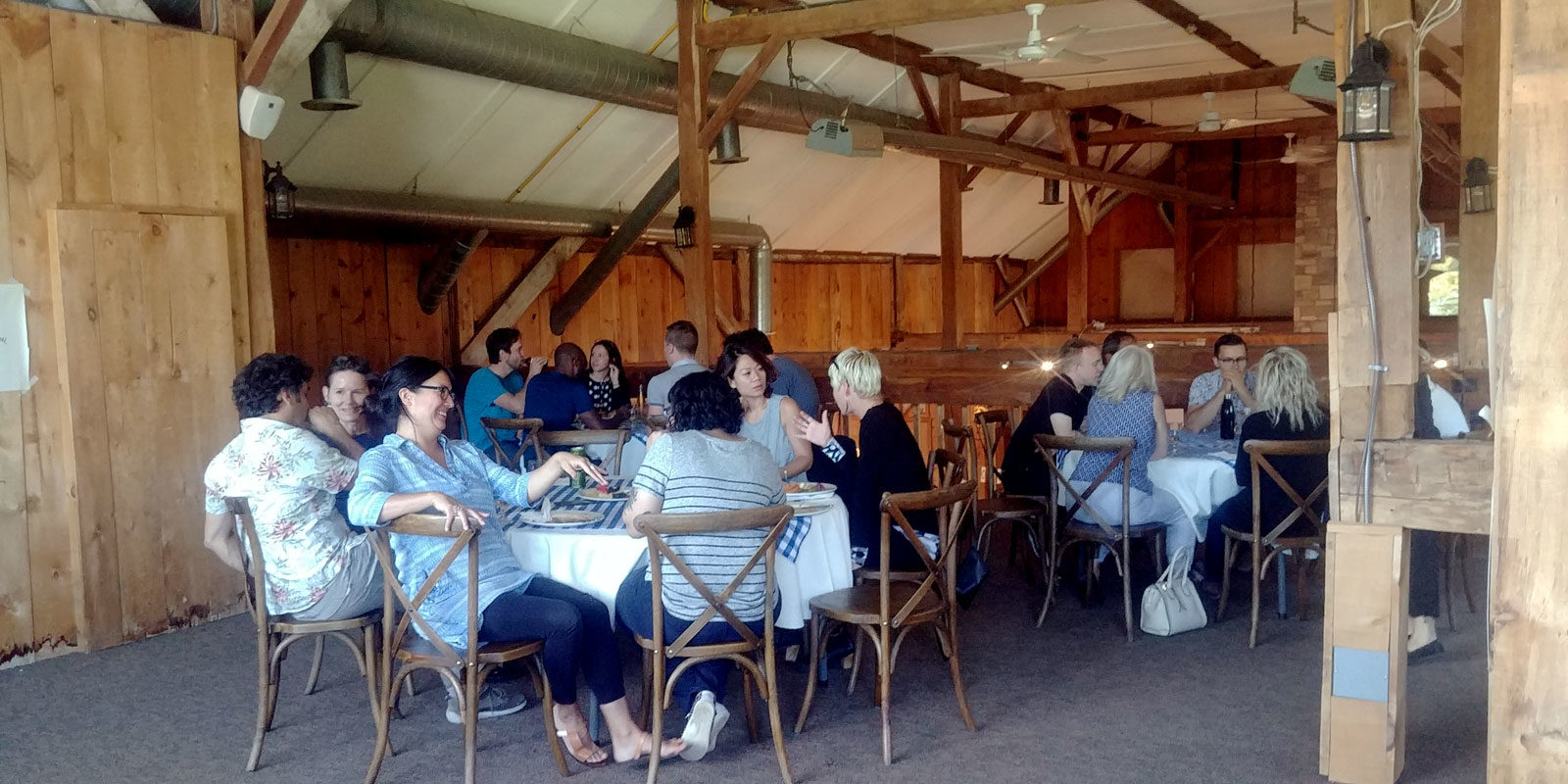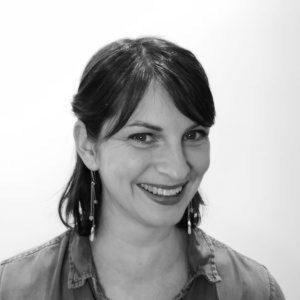Categories
I started the first day of the Social R&D Practice Gathering (some background here) with a solitary trail walk around corn fields and through woodlands, wondering: how were we going to get our act together and and make sure our energy is having a greater impact on the lives of people trapped in the social system?
The purpose of this gathering, in its third year, is to “Exchange journeys, and cross-pollinate methods and insights” with an “element of shared infrastructure and ecosystem development.” Many of those gathered had been part of an evolving discussion from year to year. New to it all, my sense of our mandate for the next few days had also been framed by a talk the first evening by Geoff Mulgan, Nesta’s Chief Executive. Bringing an international perspective, he shared his impatience at how slowly social R&D methods were spreading in Canada. All his examples and analogies of successful R&D were about scale: big pharma coming up with and marketing new pills, big ag spreading new seeds, or China tackling poverty by way of a dazzlingly strict adherence to an R&D process. Mulgan was certainly concerned about having impact, but what kind of impact?
Jason Pearman, the organizer of our gathering (alongside CKX’s Alexander Dirkson and Lee Rose) offered up some Canadian context. Whereas previously social R&D was a sector with little profile and even less funding in Canada, demand is now rising for capacity-building activities in organizations that want to have an R&D function. But funders and policymakers are asking for clearer delineations about what constitutes social R&D as opposed to other social innovation activities. Jason asked, ‘do we need to agree on what social R&D practice consists of?’ How is it different from other R&D sectors? Can we make our process more replicable, to meet a rising demand to build capacity in this area? Would replicability amplify our impact?
Supriya Syal, a neuroscientist by training (cool!) had been charged with speaking to some social R&D community members, drawing from her experience leading R&D in private and public sectors, and reviewing common practices from R&D in other domains. The intent of this was to take a first stab at uncovering common principles. Supriya presented starting points for a framework built on the assumptions of the scientific method: notably, a neutral observer/researcher producing replicable, and thus legitimate, knowledge. This is where I began to lose the thread – the thread that might tie our work together.
Because, I’m not neutral. I value certain interactions and outcomes over others. As a constructivist, I am not looking to perceive a single, testable, replicable truth but rather I am actively co-creating lots of meaningingful truths through my interactions with people who know and experience the contexts we’re visiting in different ways. I am less concerned with verifying or contesting whether others’ beliefs are true, than with understanding how their beliefs shape their actions and likelihood to engage in behaviours that will lead to a fulfilling life for them, without detracting from those around them.

At InWithForward, we want to co-design interventions not for one individual but for a segment of people who have similar beliefs, motivations, and/or aspirations, in a given context. But, if it works in Burnaby, BC, and not in North York, Ontario, with a similar population, it in no way diminishes the knowledge produced in Burnaby. Our data is comparable across contexts, not necessarily replicable.
Because human contexts are messy, not lab-like, and we need to design in a way that thrives in that messiness. A big part of which is through the act of co-design, a relationship that engenders ownership and buy-in for change. So, we don’t really replicate the solution without replicating the process…and the process might offer up different solutions in different contexts.
At an open session in the afternoon, a small group of us tried to re-think how to give shape to an emerging sector. Nadia Duguay, Founder of Exeko, invited us to discuss: “Who is really doing social R&D?” She opened the conversation by situating herself through her work for intellectual emancipation, which leads her to ask questions about which identities we value, and which we exclude when we define knowledge and knowing in narrow terms, creating the line that divides, for example, historical witches and professional pharmacists.
She also gave the example of activists with Down’s Syndrome who have addressed the UN to challenge the systematic testing for, and abortion of fetuses with Down’s Syndrome, asking, “how did you decide our lives were less worthy?” What can these cautionary tales tell us about the risks of professionalization in Social R&D? What are the implications of standardizing what ‘good R&D looks like’ and what it should produce?

Exeko is committed to co-creation with neuro-diverse people. Our team at InWithForward is continuing to prototype ways to work more deeply and directly with end users of services to design interventions they value, in the midst of the precariousness that often characterizes their lives. We think this practice of listening, validating, engaging with, and amplifying the stories, actions, and perspectives of people who are so often labelled as “vulnerable,” “at-risk,” or “disabled” is a positive outcome in itself. We negotiate truths and meaning in how we collect and interpret data, as well as how we land on a good outcome.
Deep engagement with people, in context, can happen in lots of different ways. Our lively discussion group of six envisioned a social R&D collective that uses shared examples about what it looks and feels like to act ethically – or to fall short – to develop evolving, radically ethical practices. We saw our practices around how we collect, share, and respect people’s ownership of their own data as a particularly rich area for our collective work. In short, by resisting the urge to standardize our practices as a sector, with common definitions of what “engagement” or “co-design” is, we can instead hold up more reference points from our actual work to help people appreciate a diversity of approaches, and keep moving the goalposts for ethical relationships.
In the same spirit, we should avoid co-opting the standards of R&D from the private sector, where the assumed goal is to scale up and out for growth, and instead start with knowledge localization and deep scale. Fellow IWF team member Gord Tulloch has argued why that leads to better values and practices in this blog post. It’s not about scaling better solutions. Rather, it’s about scaling motivation and capacity to inquire and engage deeply wherever we are.

